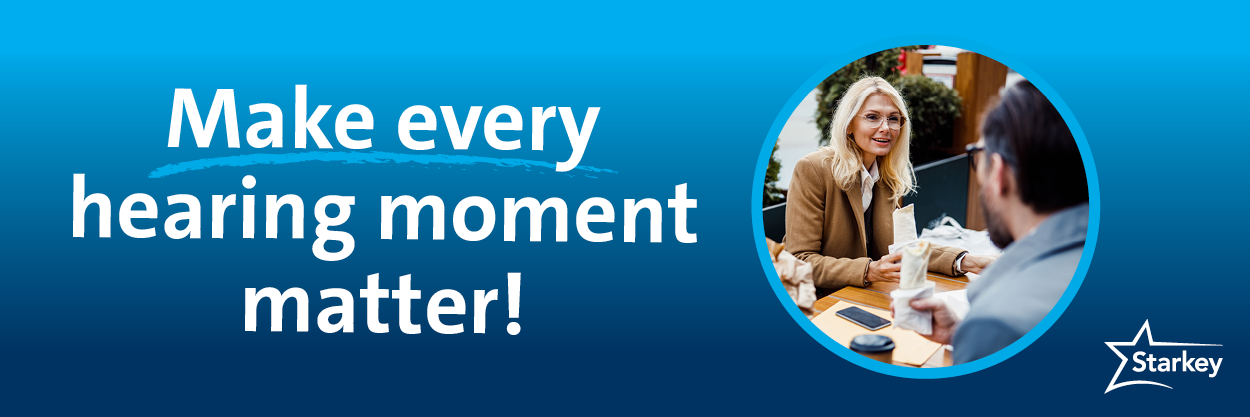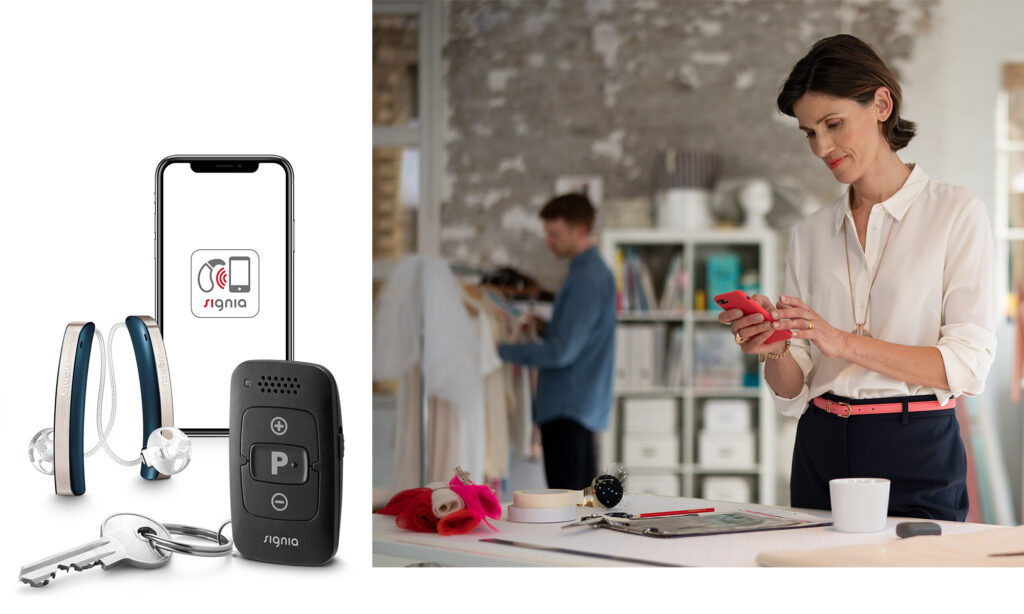
With any investment, there is a certain degree of maintenance required to ensure that the purchase is well kept. A hearing aid is no different. While certain maintenance items are recommended only for the manufacturer or hearing care professional, there are many other preventative measures that the hearing aid wearer, or the caretaker in some instances, can complete regularly to ensure that the hearing aid is well maintained and functioning at its full capacity.
Ear Wax
The most common culprit for hearing aid repair is cerumen or earwax. Starkey Hearing Technologies, an estimated 60 percent of repairs are caused by wax or foreign material getting into the internal components of the hearing device.
Daily cleaning of the aids is recommended at home. To prevent wax from clogging critical components of the hearing device, such as the microphones or receivers, the wearer needs to wipe off the hearing aid each morning with a cloth or tissue. Tissues should not be used if they contain aloe or lotions. Cleaning cloths should be cleaned regularly to avoid re-depositing of wax or other debris onto the hearing aid. While it is instinctive to clean the hearing aids at night after a day’s use, it is best to wipe the aids down in the morning when the wax has had the opportunity to dry and will remove with more ease. It is also important to be careful to not wipe debris onto the microphone ports from another part of the aid.
Water
Any exposure to water, humidity, condensation, or perspiration can cause serious damage to a hearing aid. Today, many hearing aids are designed to be highly water and oil-resistant. Unfortunately, because of the nature of the design of today’s hearing aids, it is difficult to protect hearing aids from all oil and moisture hazards.
The first step to preventing moisture damage is to avoid accidental exposure to water. Hearing aid users should try and adhere to a routine when it comes to their daily use of their devices. For example, if you typically shower first thing in the morning, leave the hearing aids in their storage case, preferably not in the bathroom, to avoid forgetting to take them out before bathing or accidentally knocking them into the sink or toilet.
At night, hearing aid battery doors should be left open to allow air to flow through the device; this has the added benefit of preserving battery life.
Physical Damage
To prevent damage, hearing aids should be stored in a consistent, safe manner nightly. They should be placed out of the reach of small children and pets, as animals tend to be drawn to hearing aids due to the human scent. When damage occurs, gather all components of the hearing device and schedule an appointment with your hearing healthcare professional as soon as possible. The devices should not be worn if there is damage to the casing as sharp edges may cause irritation or abrasion to the ear and surrounding areas. Damage to the tubing, either tears or pinches, should be addressed as soon as possible as that can have severe effects on the sound quality of the hearing device.
Utilize these tips to get the most out of your hearing aids and keep them in optimal working condition!

